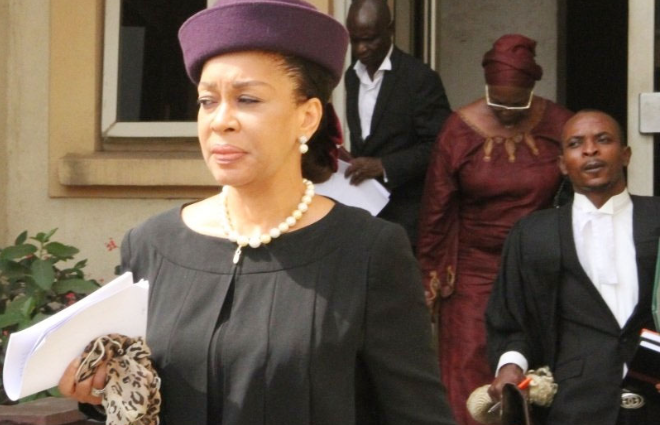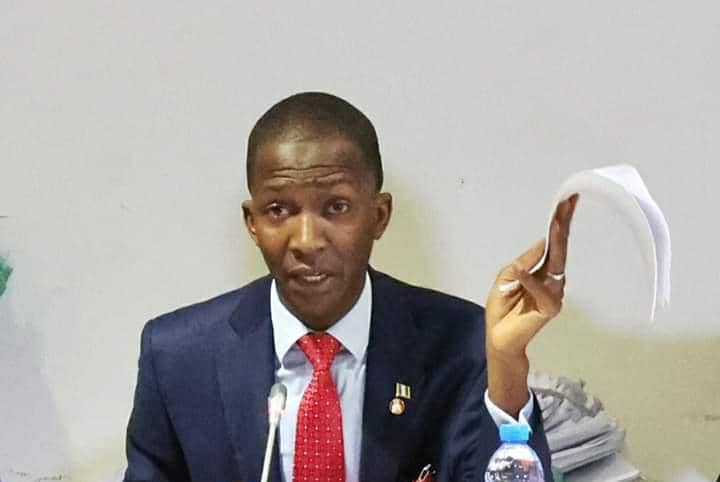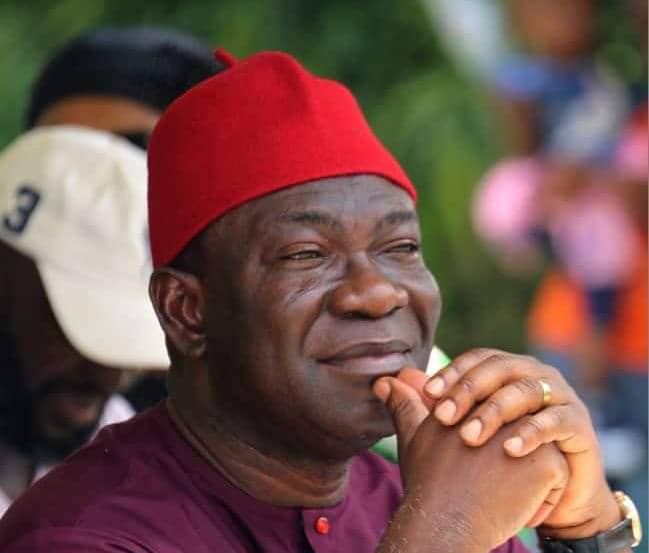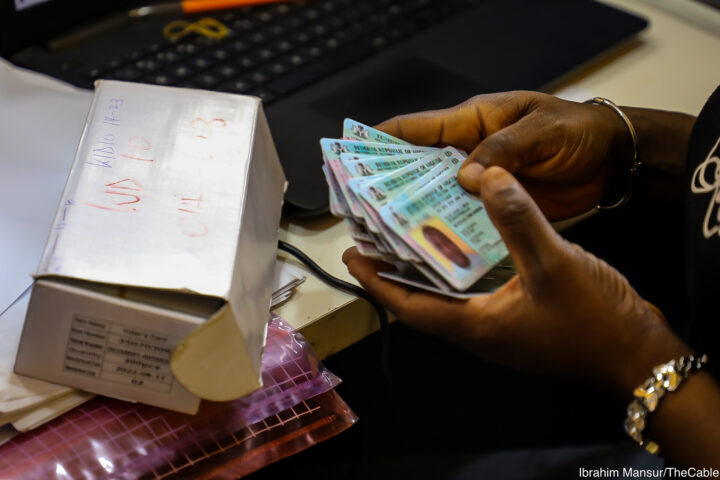Mike Ozekhome, the human rights lawyer, says the criticism from Access to Justice, a civil society organisation, over the reinstatement of Rita Ofili-Ajumogobia as a federal high court judge is unfounded.
On December 5, the National Judicial Council (NJC) sent out a circular announcing the reinstatement of Ofili-Ajumogobia.
In 2016, the Economic and Financial Crimes Commission (EFCC) had arraigned the judge on charges bordering on money laundering and breach of public trust.
Ofili-Ajumogobia was in 2018 dismissed by the Federal Judicial Service Commission (FJSC) on the grounds of judicial misconduct.
Advertisement
In his ruling in April 2019, Hakeem Oshodi, judge of a Lagos high court, struck out the 31-count charge filed against her on the grounds that the court lacked jurisdiction to hear the suit.
Reacting to her reinstatement on Tuesday, Joseph Otteh, covener of Access to Justice, said the decision to return to power “a judge with an incredible load of baggage” would pollute the justice system.
‘DON’T BE BOUGHT INTO MOB SENTIMENTS, APPLAUD NJC INSTEAD’
Advertisement
Responding in a statement on Thursday, Ozekhome said the CSO was unfair in its position.
He said Ofili-Ajumogobia has been tried in courts of law, discharged and vindicated, adding that the decisions of the NJC are not jungled with sensationalism or hype but on fairness and justice.
According to Ozekhome, a CSO such as Access to Justice ought to know the workings of the judicial process.
“This stance is surprising, given A2J’s pedigree as an organization consisting mostly of legal practitioners. They are, first and foremost, ministers in the temple of justice,” the statement reads.
Advertisement
“They therefore ought to be familiar with the famous aphorism that, ‘it is better for 10 guilty men (or women) to be set free than for an innocent man or woman (in this case, Justice Ajumogobia) to be convicted’.
“This is even worse where such conviction is by the court of public opinion that lacks all the necessary facts and the peculiar workings our justice system. Put simply, A2J got it wrong this time around – big time.”
The human rights lawyer added that Ofili-Ajumogobia was not the only judge who had been in a similar situation.
“Not only was Justice Ajumogobia in ‘judicial limbo’ for well over six years (since November, 28, 2016, when she was first arraigned), hers was certainly not an isolated case. A host of judicial officers who were similarly indicted and charged to court for alleged corrupt practices and unjust enrichment by the EFCC, the Code of Conduct Bureau and the office of the Attorney-General of the Federation, had since been reprieved, with some of them fully restored or reinstated to their various posts and positions in the judiciary,” the statement reads.
Advertisement
“Some of these jurists include, but not limited to, late Hon Justice Sylvester Ngwuta, JSC, of the Supreme Court; and Hon. Justice Adeniyi Ademola( rtd) of the FHC; Hon. Justice Hyeladzira Nganjiwa ( FHC); and Hon. Justice Agbadu Fishim ( NICN).
“Yet, some other judges were merely investigated and never charged to court at all. Why? That is the question which Access to Justice should seek answers to.”
Advertisement
Ozekhome asked the CSO to avoid being swayed by “frenzied mob sentiments, the usual government’s ‘name-and-shame’ mantra; and pedestrian logic in its knee-jerk reaction to NJC’s action, which ought to be applauded by all and sundry”.
“Please, let Justice Ofili-Ajumogobia, a brilliant and fecund quintessential jurist, be,” he added.
Advertisement
Add a comment






